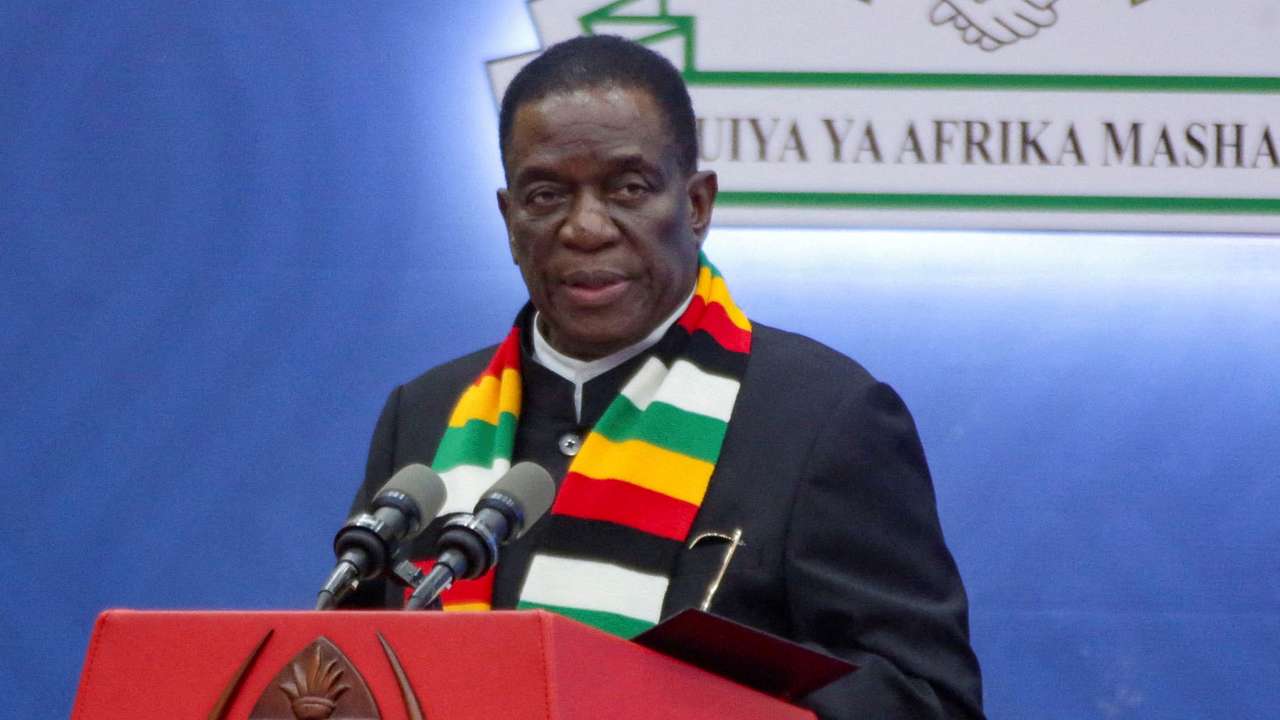Despite its wealth in minerals and tobacco, the southern African nation faces “multifaceted problems” that are deepening the socioeconomic crisis, according to Harare-based human rights lawyer Thulani Mzala. These problems include deteriorating healthcare services, shortages of essential supplies in hospitals and prisons, and the imprisonment of numerous human rights activists.
Zimbabwe’s political landscape remains volatile, with the ruling Zanu-PF party plagued by factionalism and the opposition in disarray. Mzala highlights that the opposition’s collapse is largely due to infiltration by Zanu-PF and the country’s Central Intelligence Organisation.
At the heart of the internal strife within Zanu-PF is the power struggle between President Emmerson Mnangagwa and Vice-President General Constantino Chiwenga, the military leader behind the 2017 coup that ousted long-time ruler Robert Mugabe. Tensions have escalated further as Mnangagwa seeks to extend his presidency to 2030, sparking discontent within his own ranks.
“A document proposing the extension of Mnangagwa’s term is said to be circulating and is expected to go before Cabinet and Parliament for approval,” Mzala said. “The situation remains very tense, with the possibility of a military response looming in the background, though the president appears to have retained control of the armed forces.”
Meanwhile, expelled Zanu-PF central committee member Blessed Geza has been mobilising protests and calling for mass demonstrations against Mnangagwa’s leadership, labelling him corrupt and accusing him of undermining the constitution to cling to power.
The political uncertainty is compounded by questions over whether Chiwenga still commands support within the military, with rumours of a potential military takeover swirling amid the deepening factional divide.
Political analysts Dale McKinley and Sandile Swana paint a grim picture of Zimbabwe’s future. “The country is mired in a deep, structural crisis that is political, economic, and social,” said McKinley. “Zanu-PF, which runs both the government and the military, has no interest in democratic reform and is solely focused on retaining power at any cost.”
McKinley described the current government as a "predatory elite" running a “vampire state,” exploiting national resources while ordinary Zimbabweans suffer. Despite the fall of Mugabe, Zimbabwe’s economic crisis has persisted for over two decades, with no signs of abating.
“It will take a social and political revolution to alter the status quo... A mass uprising combined with sustained external pressure is the only path to genuine change,” McKinley concluded.
